Filter by
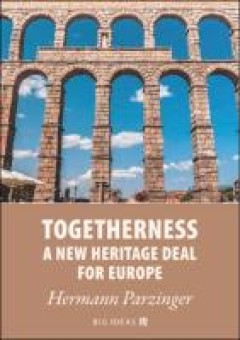
Togetherness : a new heritage deal for Europe
Europe’s cultural heritage is a vast, multifaceted mosaic showing who we were, who we are and who we aspire to be. We are all responsible for this huge, precious and fragile legacy. The coronavirus pandemic revealed that unexpected events can suddenly change our way of life. In the future, other threats could well pose further challenges to our safety, health and environment as well as our so…
- Edition
- -
- ISBN/ISSN
- 9789286148453
- Collation
- 40 p.
- Series Title
- -
- Call Number
- 363 PAR t
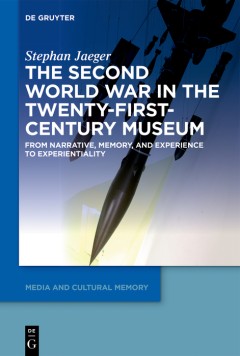
The Second World War in the Twenty-First-Century Museum : from narrative, mem…
The Second World War is omnipresent in contemporary memory debates. As the war fades from living memory, this study is the first to systematically analyze how Second World War museums allow prototypical visitors to comprehend and experience the past. It analyzes twelve permanent exhibitions in Europe and North America – including the Bundeswehr Military History Museum in Dresden, the Museum o…
- Edition
- -
- ISBN/ISSN
- 9783110664416
- Collation
- XIV, 354 p.
- Series Title
- Media and Cultural Memory / Medien und kulturelle Erinnerung, 26
- Call Number
- 943 JAE s
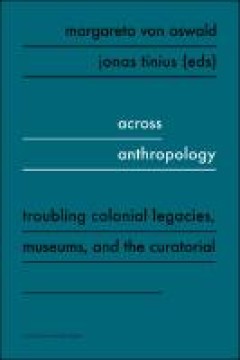
Across anthropology: troubling colonial legacies, museums and the curatorial
How can we rethink anthropology beyond itself? In this book, twenty-one artists, anthropologists, and curators grapple with how anthropology has been formulated, thought, and practised ‘elsewhere’ and ‘otherwise’. They do so by unfolding ethnographic case studies from Belgium, France, Germany, Italy, the Netherlands, and Poland – and through conversations that expand these geographies…
- Edition
- -
- ISBN/ISSN
- 9789461663177
- Collation
- 434p.: ill.
- Series Title
- -
- Call Number
- 301 ACR a
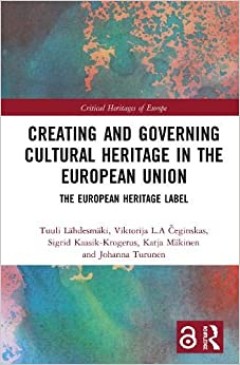
Creating and Governing Cultural Heritage in the European Union
Creating and Governing Cultural Heritage in the European Union provides an interdisciplinary examination of the ways in which European cultural heritage is created, communicated, and governed via the European Heritage Label scheme. Drawing on ethnographic field research conducted at sites in ten countries that have been awarded with the European Heritage Label, the authors of the book approach …
- Edition
- -
- ISBN/ISSN
- 9780429053542
- Collation
- XV, 254 p.
- Series Title
- -
- Call Number
- 338.4791 CRE c
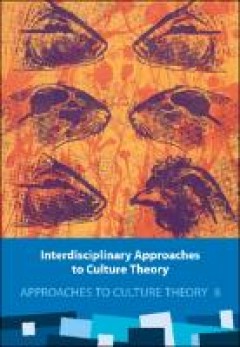
Interdisciplinary Approaches to Culture Theory
The central theme of the volume is interdisciplinary experimentation. The volume includes collaborative and interdisciplinary studies on a variety of topics, from territorialisation of theory, relations between culture theory and research methodology, culture-dependent meaning formation, power relations in discourses on religion, communal heritage management, celebration practices of (national)…
- Edition
- -
- ISBN/ISSN
- 9789949033041
- Collation
- -
- Series Title
- -
- Call Number
- 930.1 INT i
 Computer Science, Information & General Works
Computer Science, Information & General Works  Philosophy & Psychology
Philosophy & Psychology  Religion
Religion  Social Sciences
Social Sciences  Language
Language  Pure Science
Pure Science  Applied Sciences
Applied Sciences  Art & Recreation
Art & Recreation  Literature
Literature  History & Geography
History & Geography